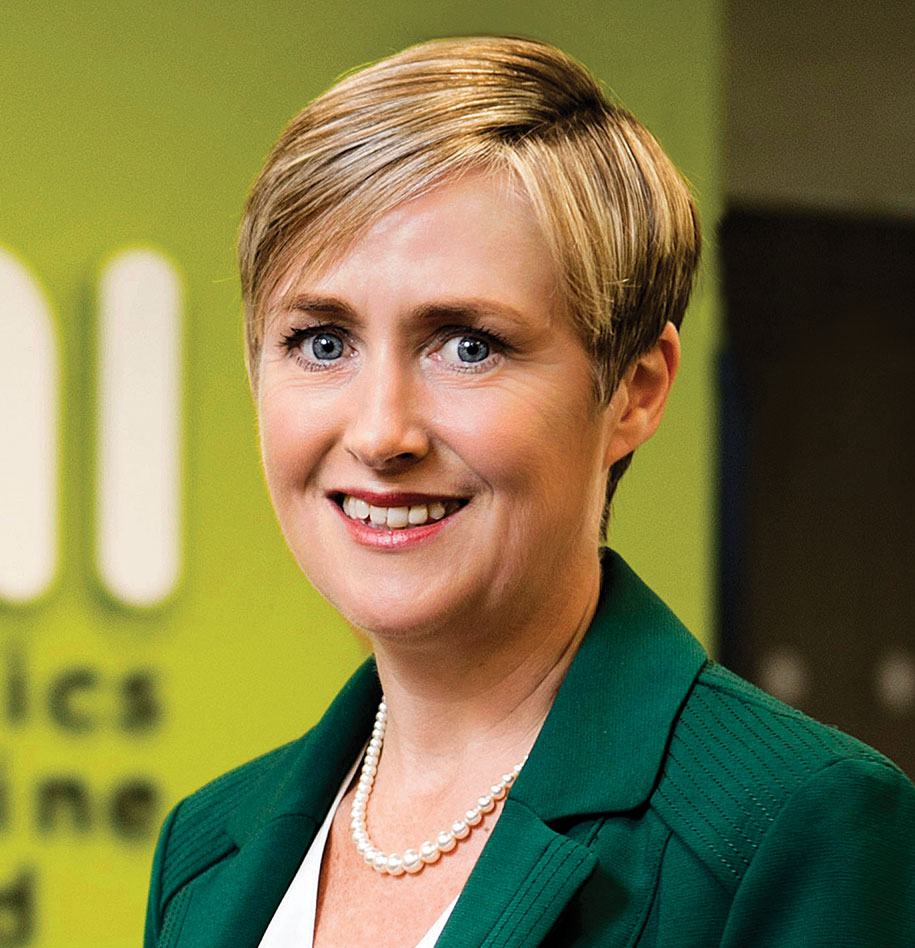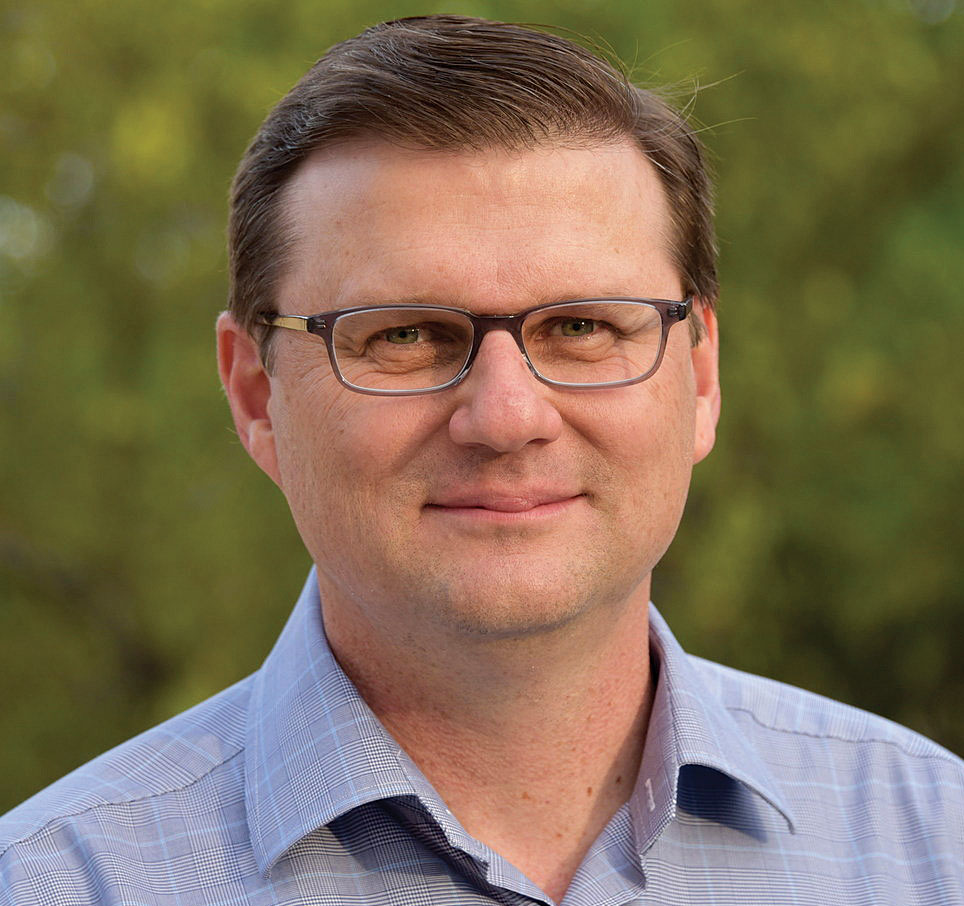
WuXi NextCODE provides comprehensive sequencing and advanced analytics to enable discovery of novel drug targets, reveal complex biological pathways, and identify biomarkers to enhance clinical trial design. With the recent acquisition of Genomics Medicine Ireland (GMI, in Dublin), WuXi NextCODE is realizing the vision of turning advancements in genomics into improvements in drug discovery and ultimately population health, providing benefit to patients around the world.
The key advantage GMI brings to WuXi NextCODE is a highly valuable dataset for creating cohorts powered by multi-omics and deep phenotypic information. With this acquisition, WuXi NextCODE is now the only global company providing end-to-end genomic services for drug development, including: genomically and phenotypically defined patient cohorts, regulatory compliant sequencing, and advanced analytics, including artificial intelligence (AI). With GMI, WuXi NextCODE is building the world’s largest whole-genome database comprising about one-tenth of Ireland’s population, or about 400,000 participants.
GEN sat down with Anne Jones, PhD, GMI’s CEO, and Richard Williams, B.Med.Sc., MB.BS., PhD. , head of oncology at WuXi NextCODE, to discuss why this is such an important and exciting time for population genomics.
GEN: How is GMI’s work different from other big genomics projects?

CEO, Genomics Medicine Ireland
Anne Jones: GMI is leading one of the largest and most ambitious population-based genomics efforts in the world. We have a deeply phenotyped, whole genome–based dataset comprising patient samples covering a wide range of diseases. This allows us to assemble “powered cohorts” that will deliver better study results, more quickly. When you combine those cohorts with the backing and resources of WuXi NextCODE, you have unparalleled resources for global genomics-driven discovery and clinical application.
GEN: What are WuXi NextCODE’s other key assets?

WuXi NextCODE
Richard Williams: WuXi NextCODE’s powerful digital platform—the GOR database architecture—underpins all the projects we drive forward, whether they are small-, medium-, or large-scale projects. This is augmented by our advanced genomic analytics technologies, which include AI customized for true multi-omic data integration and new target discovery. We also have world-class multi-omic sequencing capabilities including our formalin-fixed paraffin-embedded (FFPE) tissue-based sequencing (with SeqPlusTM), which enables our clients to generate whole genome sequence data from samples as old as 15 years. SeqPlus is a game-changer for large-scale cohort programs as we can access millions of archived oncology and other diseased tissue for genomic analysis.
Now, GMI is a key partner of ours for population-level genomic analysis across many disease areas, including common illnesses, oncology, and rare disease. We are unique in that we can do each part of the value chain from patient sourcing and consent to data management and insight generation.
GEN: What is the particular value of Irish cohorts? And to whom?
Anne Jones: Ireland has a relatively homogeneous population, which makes key genes easier to identify. It also has a population large enough to have both common and rare diseases in significant numbers. Given the size of the Irish diaspora (estimated at 80 million people worldwide) our findings have the
potential to benefit many people around the globe.
GEN: Why are cohorts so important now?
Richard Williams: Large-scale, relatively homogeneous patient populations are best suited for target discovery programs. This approach reduces the noise associated with clinical heterogeneity and maximizes the signal associated with the biology. One example would be to assemble a group of patients with triple-negative breast cancer. We can do comprehensive genomic analysis of germline and paired tumor samples of the initial diagnostic biopsy and/or resection specimens, as well as matched recurrent or metastatic biopsies that were taken later from the same patients.
A second example is doing comprehensive genomic analysis in glioma patients. We will use paired samples of initial resection specimens (such as Grade II glioma) and subsequent recurrent disease with higher grade glioma (Grade IV, which represents glioblastoma multiforme).
GEN: How does this work benefit Irish patients directly?
Anne Jones: Our research has both near- and long-term potential to benefit patients in Ireland. To date, in our study of children with rare and undiagnosed conditions, we have returned results leading to a diagnosis for approximately a third of the patients. And these are the really difficult and unsolved cases. Sequencing can greatly shorten the diagnostic odyssey these families typically go through. Having a diagnosis can also bring great peace of mind to the family whether that be for family planning, to improve the patient’s quality of life, or to be able to join a support community. Longer term, we expect people in Ireland and around the world will benefit from treatments and diagnostics based on our discoveries.
GEN: Is the Irish government supporting this initiative?
Anne Jones: The Irish government has been very supportive. We were delighted to have the Prime Minister, Leo Varadkar, help us make our announcement in November launching the initiative to sequence up to 10% of the Irish population. And the national sovereign fund, the Ireland Strategic Investment Fund, was a Series A investor in GMI and has invested another $70 million in this round specifically for this initiative. They also have representation on GMI’s board.
GEN: How will this project be sustained?
Anne Jones: We have significant funding to expand and rapidly scale our discovery platform, building on GMI’s already significant footprint of studies at every major hospital around the country. Ireland has a heritage of being one of the most giving countries globally—well over 90% of people asked to volunteer have done so. But we’ll also support the initiative through awareness and educational campaigns and by working directly with various patient groups to create awareness of the research.
GEN: Who are WuXi NextCODE’s customers?
Richard Williams: We work with large multinational biopharmas and also smaller biotech companies, some still at the venture capital stage. What all of our customers have in common is the belief that a genomics-driven approach will improve decision making in terms of truly understanding biological drivers of disease, and an expectation that this approach could be a step change in R&D productivity. n
To learn more about WuXi NextCODE and the GMI acquisition, visit www.WuXiNextCODE.com





